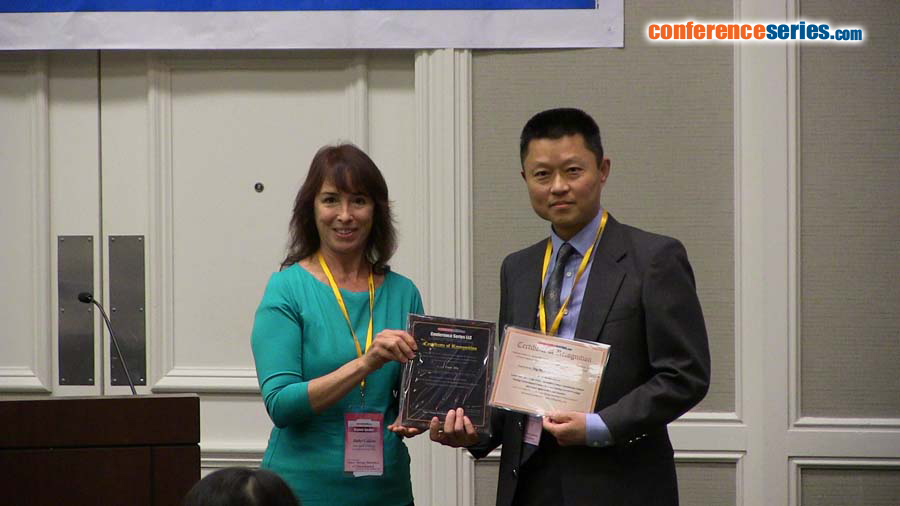
Huber Colleen
Naturopathic Oncology Research Institute, USA
Title: Cholesterol and diet in cancer survivors: A double-blind, retrospective case series of 255 cancer patients in a naturopathic clinic
Biography
Biography: Huber Colleen
Abstract
Recent recommendations for the more widespread prescription of statin drugs in the U.S. have generated controversy. Cholesterol is commonly thought to be the enemy of good health. On the other hand, previous research has established the necessity of cholesterol in production of Vitamin D and steroid hormones, among other purposes, some of which have been shown to have anti-cancer effect. We compare total serum cholesterol (TC) in cancer survivors vs cancer fatalities, and we assess the value of deliberately lowering TC among cancer patients. We also examined diet in the survivors as well as those who then died of cancer.
In this original previously unpublished research, we conducted a double-blind retrospective case series, in which we looked back at data from all 255 cancer patients who came to and were treated by our clinic with either current dietary information, and/or a recent serum TC level, measured by an unaffiliated laboratory or an unaffiliated clinic over the previous seven years, comparing TC in the surviving cancer patients versus those cancer patients who died during that time.
Surviving cancer patients had 24.0 points higher mean total cholesterol than the mean for deceased cancer patients. A number of dietary differences between cancer survivors and those who then died of cancer were also found to be notable.
Caution is advised before attempting to lower cholesterol in cancer patients with close to normal TC levels. Those cancer patients with higher TC were more likely to survive their cancer.



